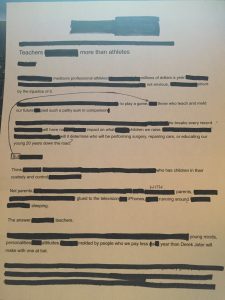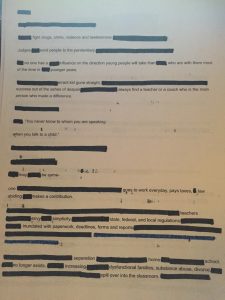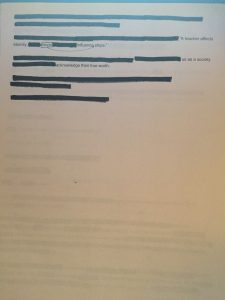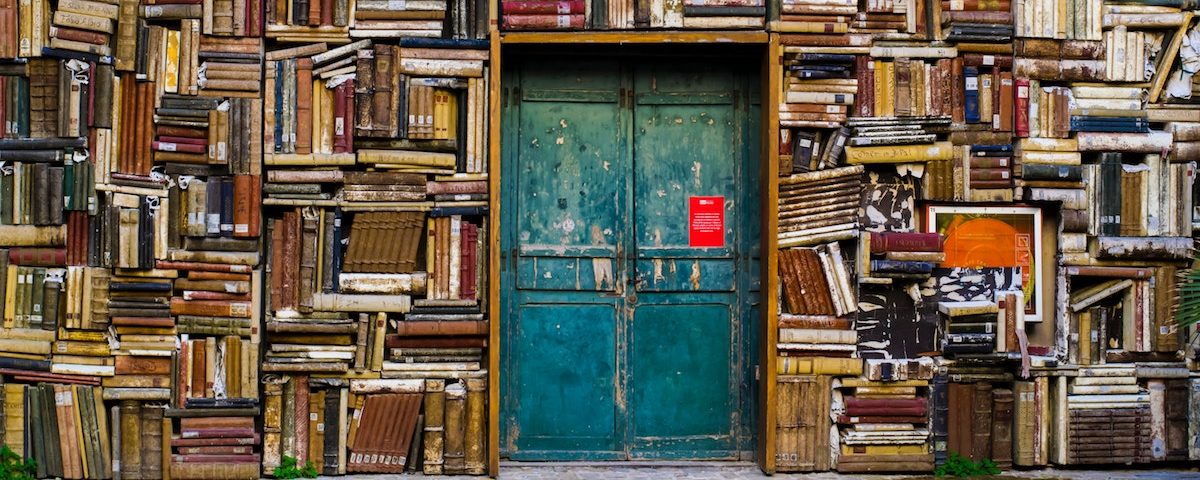Symbolism, the use of symbols to represent ideas, has been a common use of figurative language in writing for many years. Lorraine Hansberry uses this type of visual description throughout the play. The main example of this is the way the author uses the image of MAMA’s deprived and “feeble” plant to illustrate a deeper connection to MAMA’s dreams.
When MAMA first enters the play, the first thing she immediately does is tend to her plant in the window. The author wants the reader to understand that although the small plant is considered almost dead it is persistently attempting to grow with the little amount of sunlight that it receives (39, 52). The dream that reoccurs in the play is MAMA’s hope of moving out of the apartment, that she and Big Walter bought right after they got married, and move into a two-story house with a garden (45). Hansberry’s use of symbolism is interesting here. The lifeless plant, that is barely surviving from lack of nourishment, represents MAMA’s dream garden. MAMA didn’t have the opportunity to fulfill her dreams due to putting the needs of the family first but, she still cares for the plant every day. The plants’ purpose of representing the dream of a garden/new home is illustrated in Act 1 Scene 1. The author writes “Well I always wanted me a garden like used to see sometimes at the back of the houses down home. This plant is close as I ever got to having one … Lord, ain’t nothing as dreary as the view from this window on a dreary day is there? (53)” The last sentence in this quote has many possible meanings, but the view that strikes me is that MAMA is describing the “view” from the perspective of looking at the window not out of it. The barely living plant sitting on a windowsill, getting little to no light, and fighting to survive is a depressing sight for MAMA. The lifeless presence of the plant reminds her of the dream “deferred” or, in other words, a dream put on the shelf untouched.
When Big Walter passed MAMA made the decision to use a big portion of the insurance check for a down payment on a house, she was one step closer to achieving her and Big Walter’s dream until the rest of the money was stolen from them. The loss of the money deterred MAMA and the Younger family from moving into the new house. Hansberry describes this scene, “MAMA enters from her bedroom. She is lost, vague, trying to catch hold, to make some sense of her former command of the world, but it still eludes her… She goes to her plant, which has remained on the table, looks at it, picks it up and takes it to the windowsill and sits it outside, and she stands and looks at it a long moment. (139)” Distraught and emotionally drained from the emotional rollercoaster that is her life, MAMA puts the plant back into its usual spot. It is portrayed that by putting back the pot, MAMA is giving up on the dream once again, confident that it will likely not happen and that her life will remain the same. In the last stage direction of the play, Hansberry closes with MAMA packing up the last of the house, “MAMA stands, at last alone in the living room, her plant on the table before her as the lights start to come down … The lights dim down. The door opens and she comes back in, grabs her plant, and goes out for the last time. (151)” MAMA grabbing the plant at the end is so important to this figurative theory behind the symbolic purpose of the plant. MAMA going back in the house to grab it and take it with her to the new Younger residence represents the conclusion of their life in the apartment and symbolizes the fulfillment of her and Big Walter’s dream.
QUESTIONS TO PONDER:
Having read and watched A Raisin In The Sun, what purpose do you think Lorraine Hansberry had when she decided on the title of this play? What message was she trying to portray?
How can we compare the imagery of Langston Hughes’ a raisin in the sun to Hansberry’s symbol of MAMA’s beloved plant?



